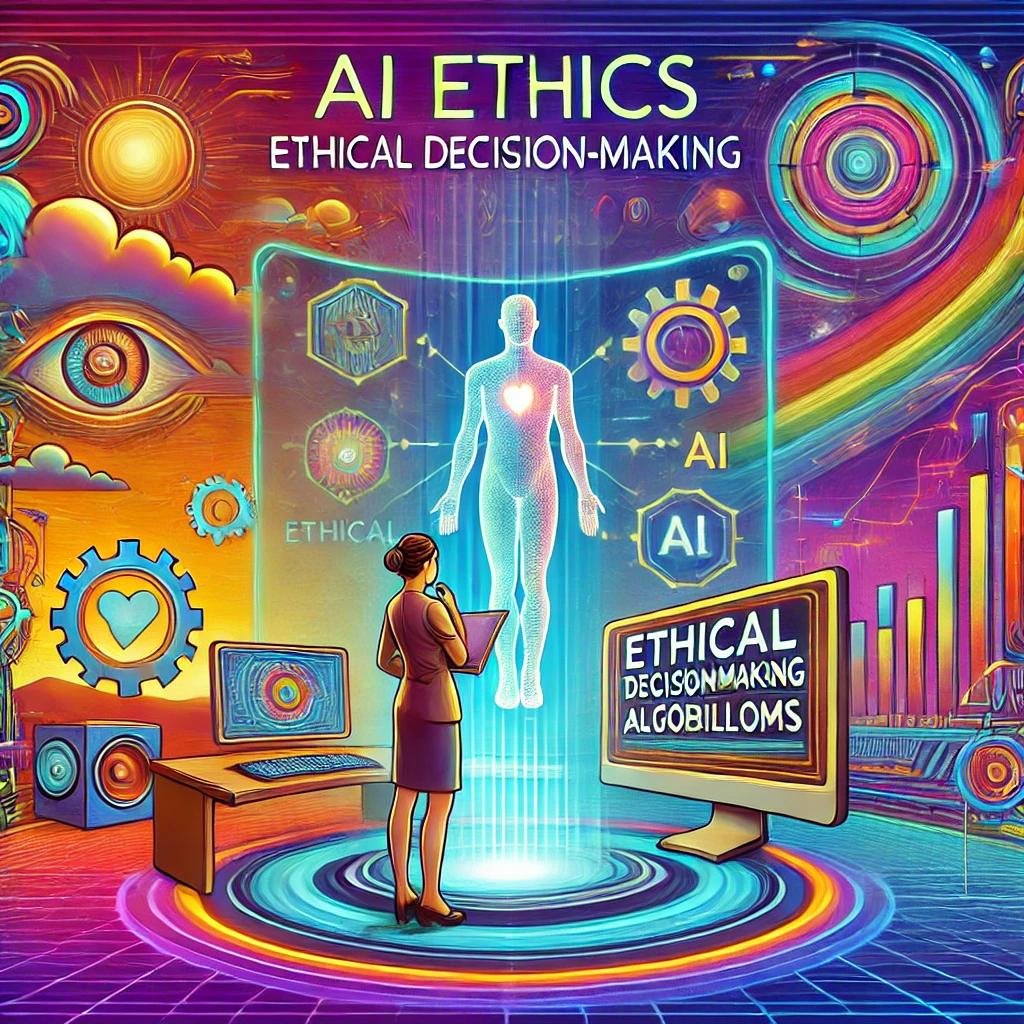26 January 2025
PulseTech Innovation Center

In an era where artificial intelligence (AI) is deeply woven into the fabric of our daily lives, the role of an AI Ethics Researcher is gaining unparalleled importance. With rapid advancements in AI technologies, industries across the globe are leveraging the power of AI to transform their operations, from Technology Consulting Services to Custom Software Development. However, as the reach of AI expands, so do concerns about its ethical implications. This blog dives into the critical role AI Ethics Researchers play and how their work intersects with global challenges and opportunities.
What Does an AI Ethics Researcher Do?
An AI Ethics Researcher explores the moral, social, and political implications of artificial intelligence. Their mission is to ensure that AI systems are designed, developed, and deployed responsibly. From addressing issues like data privacy to preventing algorithmic biases, their work involves a unique blend of technical expertise and philosophical insight. By working with global tech firms offering Digital Transformation Solutions, Cloud and Cybersecurity Innovations, and AI and Automation Specialists, they craft guidelines and frameworks to foster responsible AI practices.
Why Is AI Ethics Important?
The deployment of AI has significant implications for industries such as healthcare, finance, and education. Here are some key reasons why AI ethics is crucial:
- Mitigating Bias: Algorithms often inherit biases from the data they are trained on. Addressing these biases ensures fairness in areas like recruitment, lending, and law enforcement.
- Data Privacy: AI systems rely heavily on personal data. An AI Ethics Researcher ensures compliance with data privacy laws and develops models that respect user privacy.
- Accountability and Transparency: Stakeholders demand clarity about how AI systems make decisions, especially in industries like Fintech and Healthcare Tech Solutions.
- Global Responsibility: From Europe to the USA, the ethical challenges of AI demand localized and culturally sensitive approaches, aligning with firms like Advanced Tech Services Europe and Digital Innovation in the USA.
Key Skills and Expertise
An AI Ethics Researcher’s role demands a diverse skill set that blends technical knowledge with philosophical acumen:
- Technical Skills:
- Proficiency in programming languages like Python and frameworks like TensorFlow.
- Understanding of machine learning models and AI tools.
- Familiarity with regulations like GDPR and CCPA.
- Soft Skills:
- Strong critical thinking and analytical abilities.
- Excellent communication to translate complex ethical concepts into actionable policies.
- Collaboration with multidisciplinary teams, including Global Tech Expertise and Tech Talent Recruitment Services professionals.
How to Pursue a Career in AI Ethics
- Educational Path: A degree in computer science, data science, or philosophy with a focus on ethics is often the first step.
- Certifications: Courses in AI ethics, such as those offered by Coursera or MIT, enhance understanding.
- Experience: Internships or roles in tech companies focusing on Business Technology Integration or European IT Solutions provide invaluable experience.
Global Trends in AI Ethics
- Europe: With stringent data protection laws, Europe is at the forefront of AI ethics research.
- USA: The emphasis on innovation has led to the rise of ethical frameworks for AI.
- India: Emerging as a tech powerhouse, India’s focus is on ensuring ethical AI in sectors like finance and healthcare.
The Future of AI Ethics
As AI becomes an integral part of industries worldwide, the demand for AI Ethics Researchers will continue to grow. Their work ensures that while businesses leverage IT Consulting for Enterprises, they do so responsibly, paving the way for sustainable innovation.
The collaboration between AI Ethics Researchers and organizations offering Technology Consulting Services or India Technology Consultants is pivotal. Together, they can build a future where AI is not only powerful but also ethical and inclusive.

